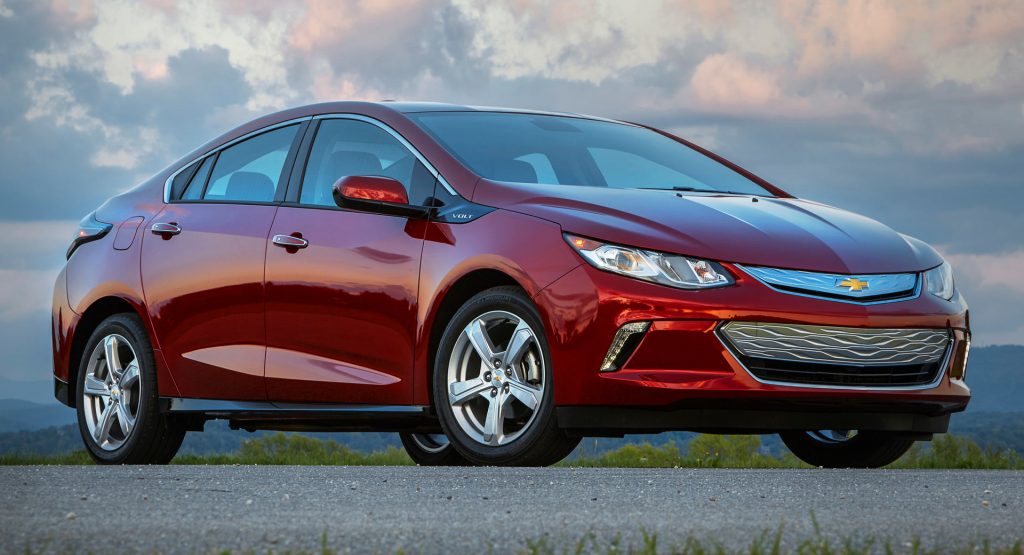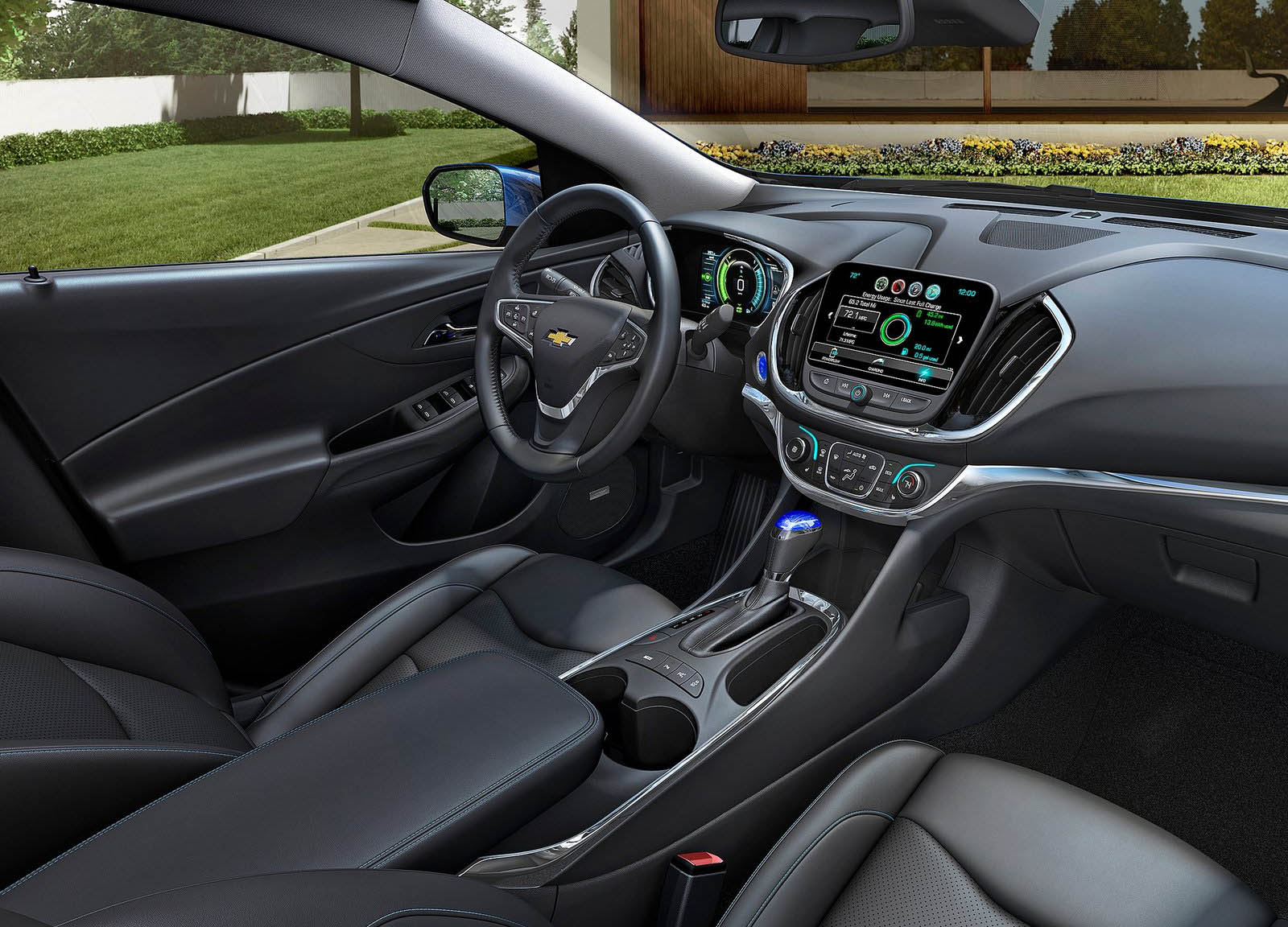Privacy has been in the news a lot lately as the past few years have seen everything from the Cambridge Analytica scandal to hijacked Ring security cameras.
While most of the discussions revolve around social media, have you ever wondered how much your car knows about you? The Washington Post recently decided to answer that question by hacking into a Chevrolet Volt.
The process took hours and mainly focused on the infotainment system which contains the “most accessible data.” Unsurprisingly, it housed a lot of information about the car’s owner including where they have driven and who they called in the past week. The treasure trove of information didn’t stop there as the infotainment system’s computer also contained the unique identifiers of smartphones and a “long list of contacts.” It also included people’s addresses, emails and photos.
Also Read: Your New, Smart Car Might Be Extremely Vulnerable To Hackers
To see if this was a widespread issue, the publication also examined an infotainment computer which was purchased on eBay for $375 (£288 / €338). Much like the information stored in the Volt, this computer showed where a stranger got gas and food. It also listed multiple phone calls to a contact named “Sweetie” and had photos of them.
That’s a little unnerving, but the person who was hired to hack into the computers said he’s seen even more invasive data collection. In particular, he said Ford vehicles record their position every few minutes – even when drivers aren’t using the navigation system.
Of course, that’s just a fraction of the data that is actually collected. When the publication reached out to GM, a spokesman told them their data collection typically falls into three categories such as vehicle location, vehicle performance and driver behavior. However, David Caldwell downplayed privacy concerns by saying “Much of this data is highly technical, not linkable to individuals and doesn’t leave the vehicle itself.”
Privacy concerns will likely grow in the future as cars become increasingly connected and benefit from upgraded technology such as 5G. The whole story is worth a read and it might have you reconsidering plugging your smartphone into a rental car.





